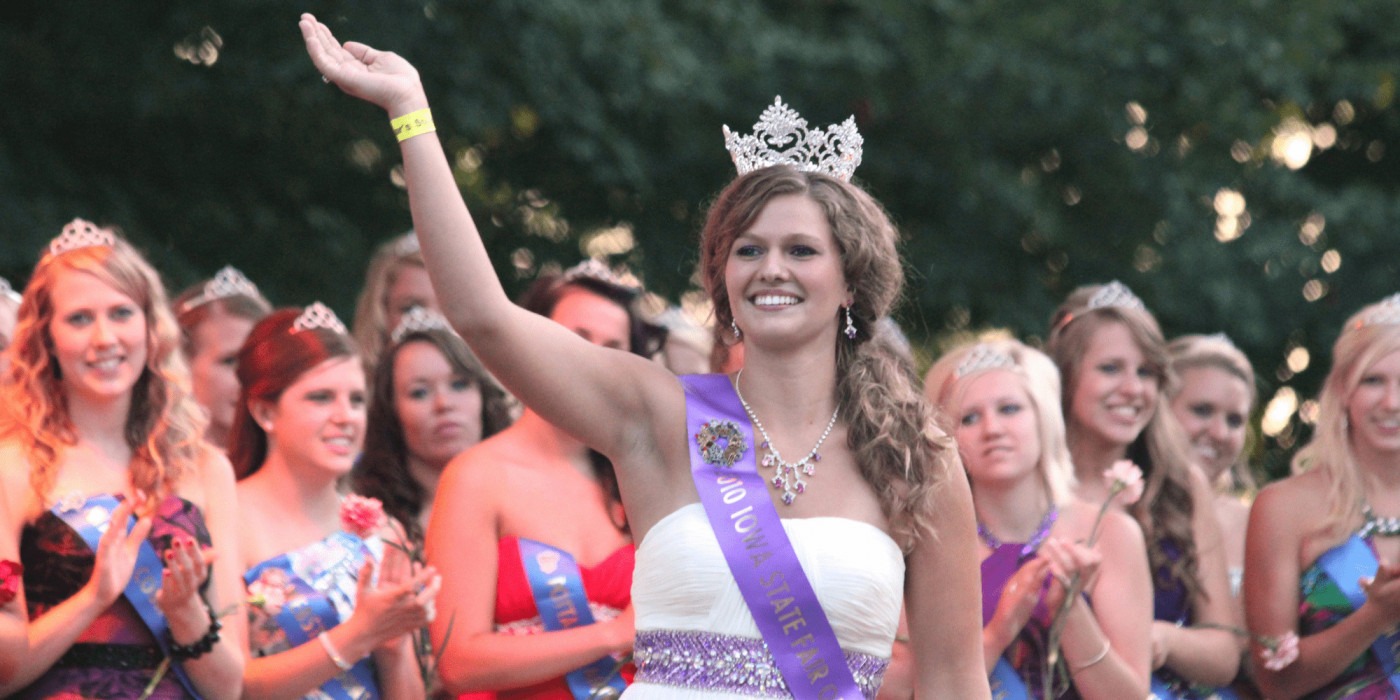Mirror mirror on the wall: who has the shortest hair of them all?
What is a haircut, if not simply a haircut? For the newly-crowned Miss France 2024, Ève Gilles, her haircut was one that made history, for it made her the first woman to be crowned the title with a short pixie cut. Following her victory, Ms Gilles’ hairstyle took the media by storm: some have criticised it as excessive diversity, while some view it as a celebration of woke culture. In short, the most beautiful woman in France has been critiqued for having a haircut that does not conform to our idea of femininity and beauty.
My femininity has been largely measured by the length of my hair
As a young woman who shaved her hair off last summer, I can genuinely admit to having experienced a difference in how people perceive me – be that my sexuality, attractiveness, or approachability. My femininity has been largely measured by the length of my hair.
The controversy and scrutiny surrounding women’s hair length seems to have arisen from and been emphasised primarily by beauty pageants, thus bringing into question the role of these pageants in today’s society. The nature of beauty pageants – lining up the most aesthetically pleasing individuals and judging them based on their physique and characteristics for entertainment purposes – has been a practice since ancient Greece. Originally used to boost morale and provide entertainment for the masses, beauty pageants appear to play a crucial role within the entertainment sector to this day. They bring in millions of viewers internationally every year.
The primary controversies that beauty pageants face today are their lack of inclusivity and their very nature of lining up women in a cattle-like manner to judge them entirely on their physical appearance. Beauty pageants promote unrealistic body standards and often glorify unhealthy bodies in front of thousands of young female viewers, brainwashing them to believe that their bodies should look like those on television in order to be deemed attractive and desirable. These problems aren’t only prevalent in female beauty pageants. Male beauty pageants do not do a much better job of promoting inclusivity and body positivity. Additionally, beauty pageants for children have been under further scrutiny in recent years for their sexualisation of children who are as young as two years old. These pageants instil unrealistic ideals about physical appearance in young children.
For outsiders and critics, pageants may feel like a cattle contest
Despite everything, can any good come of beauty pageants? It is an industry riddled with controversy, but it does not appear to be diminishing in popularity. The expansion of the vast and international beauty pageant community is perhaps a testament to their role in society even today. The 2000 film, Miss Congeniality, summarises the ins and outs of being a beauty pageant contestant. It is as much a light-hearted comedy about the absurdity of beauty pageants as it is a genuine, thought-provoking, and inspiring story of womanhood and the powerful community created through these pageants. The film delves into life as a contestant; the meaningful friendships formed by the women due to their common interests and support for each other are emphasised.
For most contestants, both female and male, their lives revolve around beauty pageants. They devote time and effort from a young age to prepare for these pageants and win them. They strive to improve their self-confidence, sportsmanship, and public speaking skills. Ultimately, they no longer compete against each other but against themselves and their self-doubt.
It feels rather bizarre for beauty pageants to exist in 2024. For outsiders and critics, pageants may feel like a cattle contest, which places both men and women on a stage to flaunt their unrealistic physical features, striving for perfection. However, beauty pageants, which seem to provide purpose, ambition, life-long friendships, self-respect, and love to their contestants may still have a place in to day’s society and for the years to come.

Comments